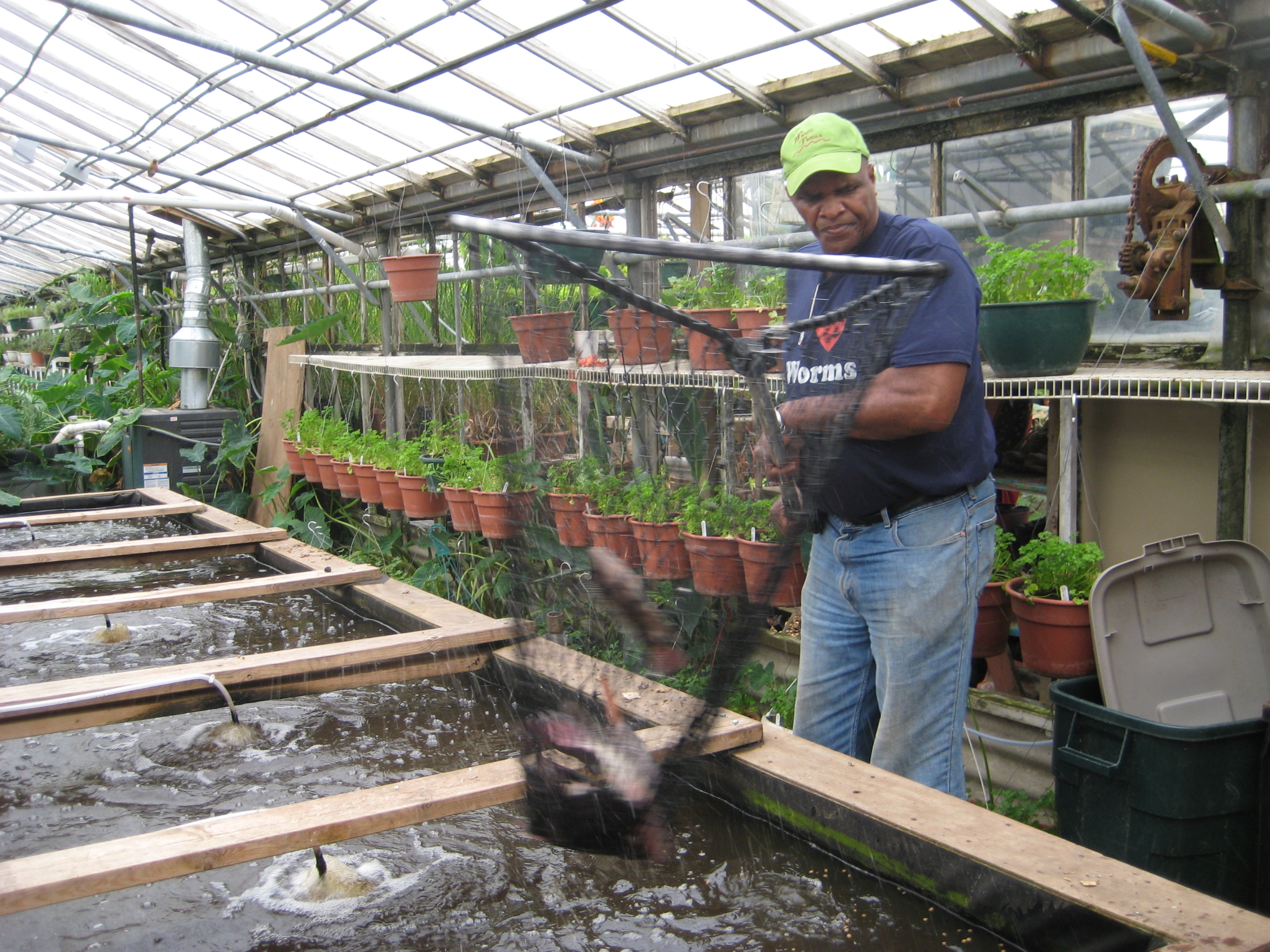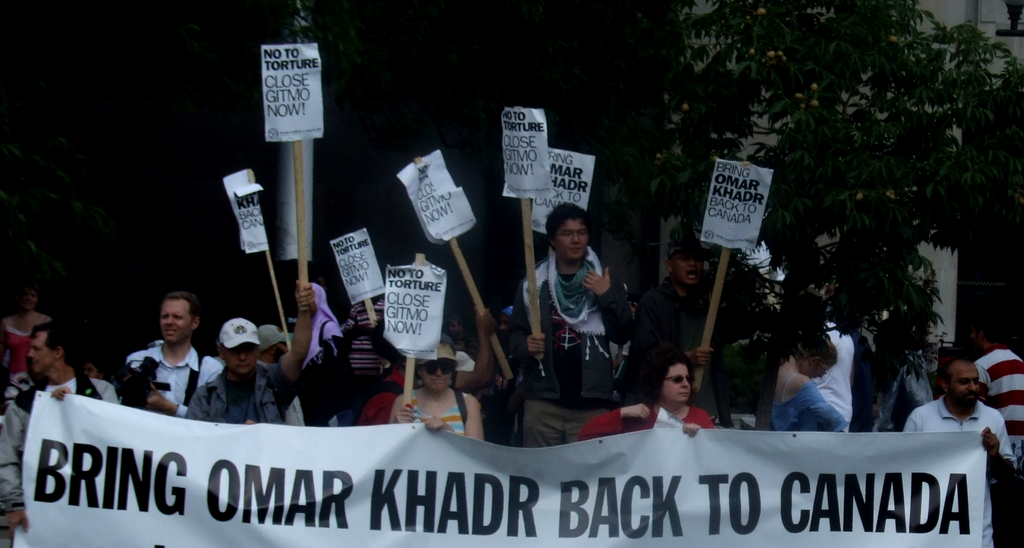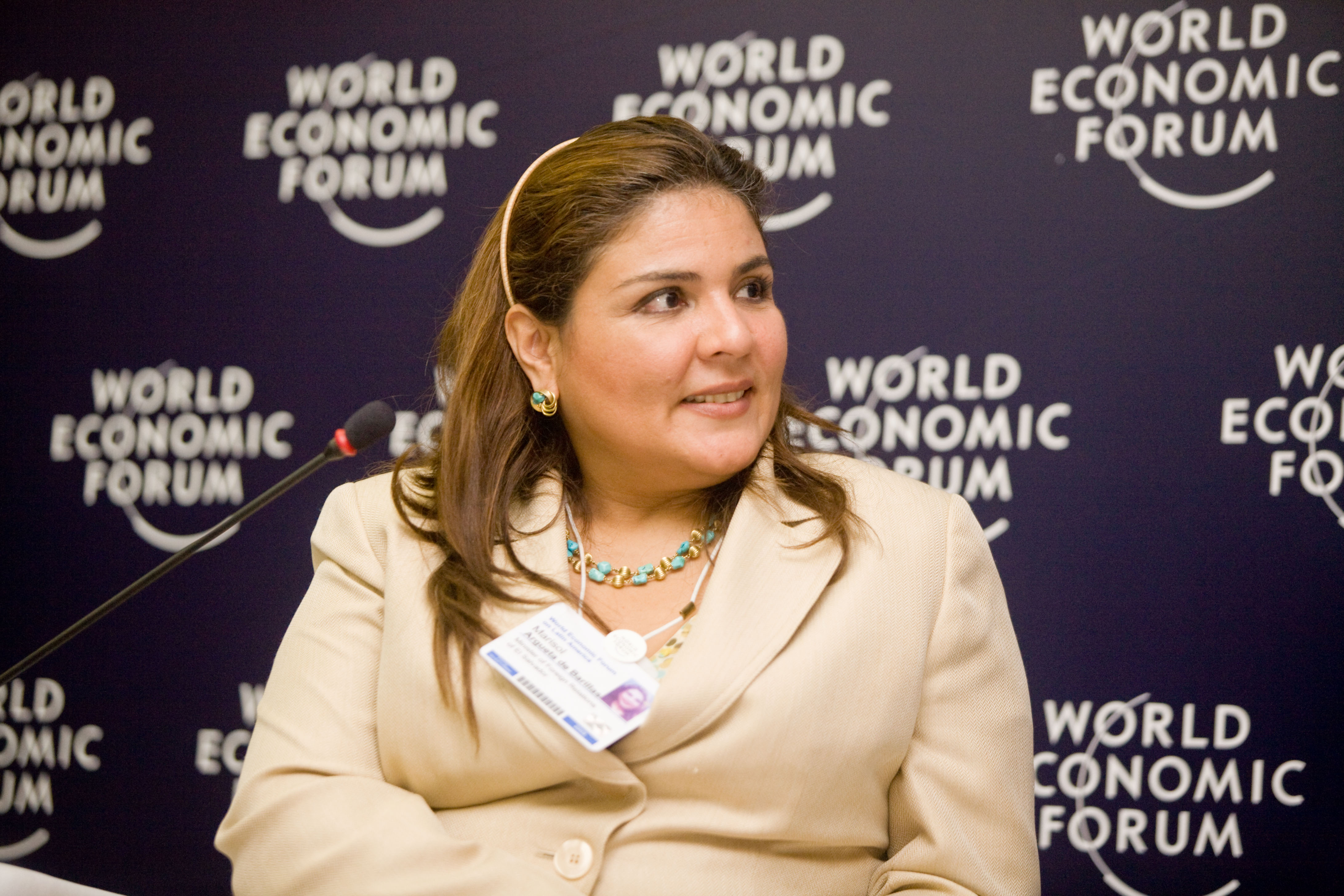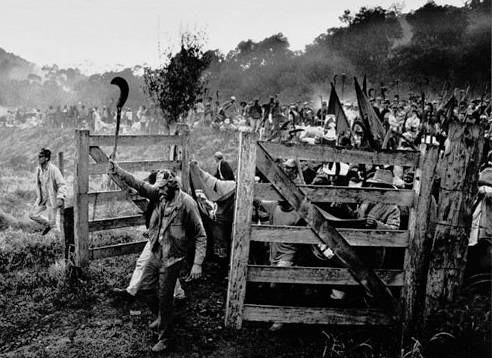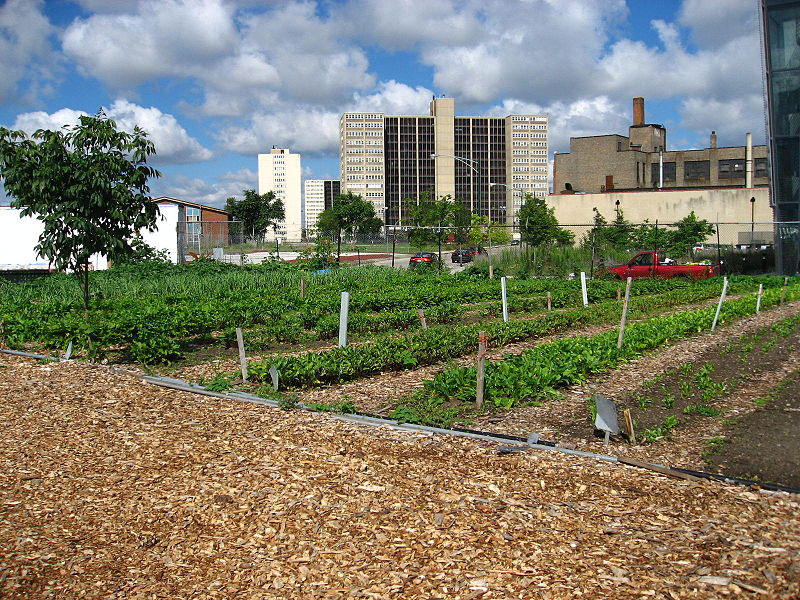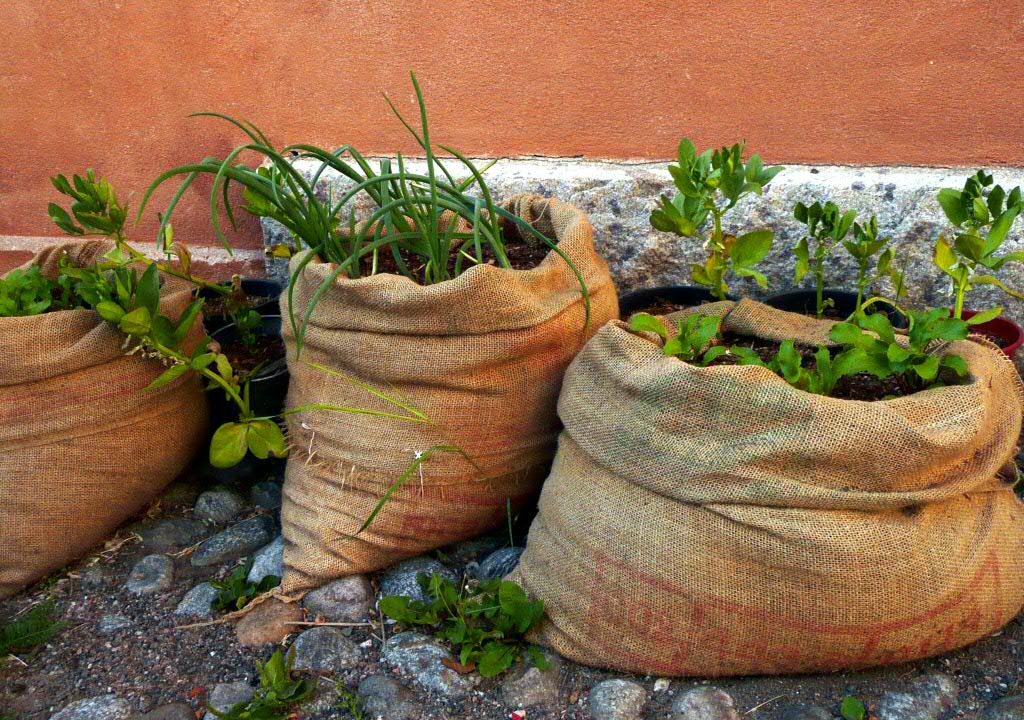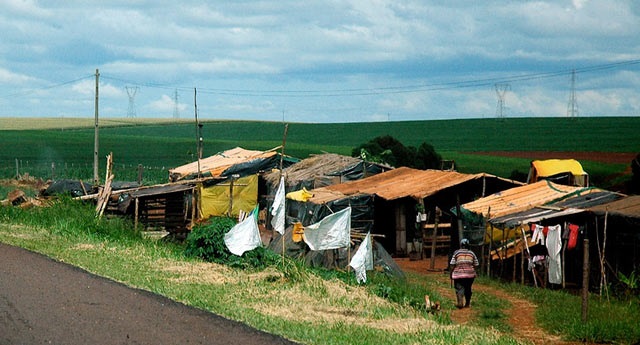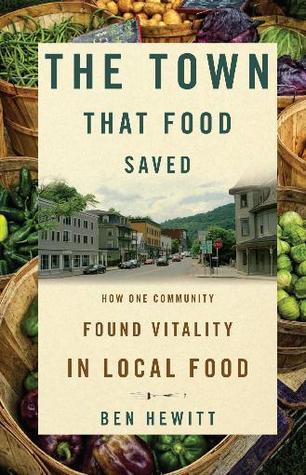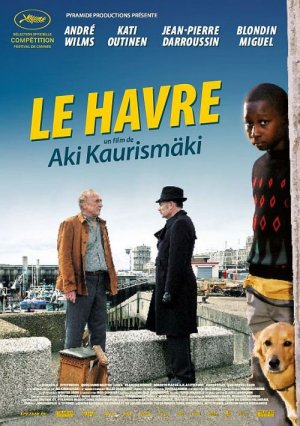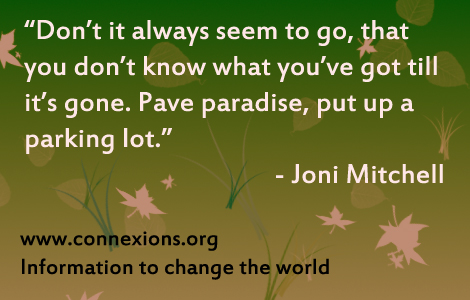If you're having trouble viewing this message, open it in a browser window.
|
|
|
|
|
|
Other Voices: The Connexions Newsletter
May 21, 2015
This week: A Healthier Planet
With the start of the growing season in much of the Northern hemisphere, Other Voices digs
up articles and resources related to urban agriculture and local food
production. Urban agriculture - growing food in and around cities - is a
response to the problems created by industrial agriculture, a
chemical-dependent industry shipping food thousands of miles from where
it is produced to where it will be consumed.
We also mark the release of Omar Khadr, the former child soldier
who was abused, tortured, and imprisoned first by the U.S. government
and then by Canada. Other articles look at the advances made by women in
Latin America, privilege politics, and the myths of peaceful protests.
As always, we invite you to share this newsletter with your
friends. You can forward this email, or send them the link to the Other
Voices home page on the Connexions website at /Media/CxNewsletter.htm.
|
|
The growth of industrialized agriculture - the "agrifood" industry -
has created an unsustainable model of food production where food is
typically produced thousands of miles from the eventual consumer, in
soil being progressively depleted of nutrients and contaminated by
pesticides and other chemicals. Meanwhile urban sprawl devours prime
agricultural land close to cities, land which should be producing food
for people. Urban agriculture - growing food in and around cities - is a
response to this problem. On rooftops, in laneways, in former parking
lots, people are growing food and creating awareness that the food
system has to change.
|
|
|
Omar Khadr: Child Soldier Released From Jail
The release of Omar Khadr from jail is good news. But it has to
be remembered that he should never have spent one minute in prison in
the first place. The act he was accused of - killing an enemy soldier
in the midst of a battle - is not a crime under international law. It's
what soldiers do. International law is clear that he was a prisoner of
war, entitled to all the rights and protections provided by
international law. In fact, since Khadr was a child at the time of his
capture, he should have been treated as a child soldier. Instead he was
taken to the illegal U.S. prison in Guantanamo, and tortured and
mistreated until eventually he 'confessed' in order to get a plea
bargain. Read More
Keywords: Child Soldiers - Prisoners
|
|
|
Latin America's Social Policies Have Given Women a Boost
Although they do not specifically target women, social policies
like family allowances and pensions have improved the lives of women in
Latin America, the region that has made the biggest strides so far
this century in terms of gender equality, although there is still a
long way to go.Read More
Keywords: Rural Women - Women's Empowerment
|
|
|
The Myth of Peaceful Protest
As Frederick Douglass said, "power concedes nothing
without a demand," which is why peaceful protest has so little effect
against oppressive institutional power, whether government or
corporations. The unspoken rule is that power and privilege will
respect the people's right to peacefully express their grievances, so
long as the people respect the right of those in power to ignore them
and do nothing at all. Read More
Keywords: Power - State Violence
|
|
|
Brazil: Challenges of a Landless People
As opposed to an individualized struggle for property ownership, the
landless of Brazil see themselves as a collectivity firmly standing
against multiple levels of material, ideological, and physical
violence. The movement navigates a landscape of misinformation by
media, displacement by military police, attacks by landowners and
growing right-wing militias, in addition to the dismissive attitude of
government officials. The struggle of the MST is both political,
pedagogical and a challenge to western notions of private property and
land ownership. They have extensive networks of educators in charge of
political formation through a pedagogia de la terra or pedagogy of the
land. Read More
Keywords: Land Rights - Landless Workers
|
|
|
Food Among the Ruins
Detroit, the country's most depressed
metropolis, has zero produce-carrying grocery chains. It also has open
land, fertile soil, ample water, and the ingredients to reinvent itself
from Motor City to urban farm. Detroit is producing somewhere between
10 and 15 percent of its food supply inside city limits -- more than
most American cities, but nowhere near enough to allay the food desert
problem. Mark Downie argues that Detroit has the potential to produce
most of its foods within its own city limits. Read More
Keywords: Urban Agriculture - Local Food
|
|
|
Why the Right Loves Privilege Politics
The Right loves to talk about privilege. They attack unionized workers
for being privileged because they have decent pay and working
conditions; they attack the poor for taking advantage of welfare
benefits that taxpayers have paid for and for having cellphones and
television sets; they attack immigrants for not being grateful enough
for the privilege of having been allowed into the country. This rhetoric
serves to avoid class politics and obscure just where the real wealth
and power lie in our society. Unfortunately parts of the liberal left
have also bought into privilege politics, focusing their attention on
privilege rather than power. Read More
Keywords: Class - Privilege Theory
|
|
|
In Home Gardens, Income and Food for Urban Poor
Flowers burst out of old tires and rows of pepper plants fill
recycled plastic tubs as herbs pop out of old pipes. As utilitarian as
it is cheery, this rooftop array is one of several urban agriculture
projects that are improving livelihoods for the urban poor in Amman,
Jordan. A slowly but steadily growing phenomenon in Jordan, urban
agriculture has vast potential for reducing poverty and improving food
security, and it has the added benefit of greening and cleaning up more
rundown sections of cities. Read More
Keywords: Jordan - Urban Agriculture
|
|
|
Brazil's MST Pays Tribute to Landless Workers Killed by Police in 1996
Landless rural workers occupy farms in Brazil to fulfill the
promises and obligations of a people's agrarian reform movement and to
reclaim a sense of justice. Land occupations in Brazil happen
continuously throughout the year, however, the month of April - called
"Red April" (Abril Vermelho) - pays tribute and remembrance to the
Landless Workers Movement's (MST) fallen comrades of the Eldorado dos
Carajas massacre. On April 17, 1996, 21 political militants of the MST
were killed by military police. Nineteen were killed immediately and
three died days after; 69 additional people were injured in the
shooting. Read More
Keywords: Killings by Police - Landless Workers
|
|
|
From the right-wing to the revolutionary left
Tom Wetzel relates his political development, from a 19-year-old
member of the Young Republicans, to revolutionary socialist. One of a
series of articles on the Recomposition website on the topic "how were
you radicalized?" Read More
Keywords: Libertarian Socialism - Radicalism
|
|
|
Shoemakers, fashion models, computer
geeks, politicians, lawyers, teachers, chefs … all city dwellers … all
can grow food at home after work in back yards, community gardens or
on flat roofs. For the past 37 years, City Farmer has encouraged urban
dwellers to pull up a patch of lawn and plant some vegetables, kitchen
herbs and fruit. This website is a collection of stories about our work
at City Farmer here in Vancouver, Canada, and about urban farmers from
around the world. http://www.cityfarmer.info/
Keywords: Urban Agriculture - Local Food
|
|
|
Book of the Week: The Town That Food Saved: How One Community Found Vitality in Local Food
For decades, the rural Vermont town of Hardwick (pop: 3,200)
grappled with a challenged economy. Like so many small towns, the
once-thriving regional industry had died, and the majority of the
working population was forced to commute far beyond the town line to
find work. A group of young agricultural entrepreneurs set out to
develop regionalized food-based enterprises to create sustainable local
economic development and break people's dependence on industrial food.
In The Town That Food Saved, Ben Hewitt explores the contradictions
inherent to producing high-end 'artisanal' food products in a working
class community. To better understand how a local food system might
work, he spends time not only with the agripreneurs, but also with the
region's numerous small-scale food producers, many of which have been
quietly operating in the area for decades.
Keywords: Local Economies - Local Food
|
|
|
A 2011 comedy-drama film written and directed by Aki Kaurismäki,
which tells the story of a shoeshiner who tries to protect an immigrant
child in the French port city Le Havre.
Keywords: Child Migration - Migrants
|
Your support is needed to keep Connexions going
All of the
work of the Connexions project is done by volunteers, but our expenses
include rent, phone and computer costs and technical support, as well as
expenses related to our ongoing project of converting printed archival
materials into digital formats. You can make a one time or regular
monthly contribution through the donate page on the Connexions website.
|
Bequests
Many of us have made working for
social justice a lifetime commitment. If you are thinking about leaving
a legacy for social justice that will live on, you might want to
consider leaving a bequest to Connexions in your will. If you'd like to
discuss this option, please contact us: Connexions Archive and Library,
Toronto, 416-964-5735 or
see the Bequest page..
|
May 22, 2015
Maude Barlow speaking at Trent University
Toronto, Canada
May 23, 2015
Walk or Run for Biodiversity: Fundraiser for Farmers in Ethiopia
Ottawa, Canada
May 26, 2015
Value of Water Program: Lessons fronm Abroad and the homefront: Governance, Technology and Innovation
Toronto,Canada
May 26, 2015
C2MTL
Montreal, Canada
May 30, 2015
Congress 2015 of the Humanities and Social Sciences
Toronto, Canada
The Connexions Calendar is an online calendar that exists to
advertise events that support social justice, democracy, human rights,
ecology, and other causes. We invite you to use it to promote your
events. Adding events to the Connexions Calendar is FREE. We'll give you
a username and password which you use to log on. Use the contact form to arrange for a username and password.
Read more →
|
May 21 - 28, 1871
Bloody Week:
The defeat of the Paris Commune. Terrified by the Commune - the first
working-class-led revolution to hold power anywhere in the world - the
Prussian and French ruling classes, in the midst of fighting the
Franco-Prussian War, call off their war and unite to crush the Parisian
working class. The Prussians instantly release the French troops they
are holding as prisoners of war, and return them to the command of the
French government to use against Paris. The Commune resists heroically,
but after a week of fighting the Paris Commune is crushed by
overwhelming military force and its defenders are massacred. An
estimated 50,000 people are killed, including many who are slaughtered
in mass executions after the defeat of the Commune.
May 21, 1969
Student protest in Argentina:
University student groups and secondary school students in Rosario,
Argentina, along with the CGT labour federation, organize a silent
march, which gathers 4,000 people. Police attack the march, and kill a
15-year-old student, Luis Blanco. The protest later becomes known as the
first Rosariazo.
May 21, 1998
Suharto has to go:
Mass protests force the Indonesian dictator Suharto to resign. His 31
years of power, with strong U.S. support, were marked by the murder of
an estimated one million Indonesians and the genocidal invasion and
occupation of East Timor, as well as his embezzlement of between 15 and
30 billion dollars.
|

Trying to change the world? We can help.
Getting your story across can be an uphill battle when your group is challenging the status quo. Our partner organization SOURCES can help you get your message out. As a SOURCES
member, you have an array of media relation tools at your disposal to
promote your events, books, articles, videos, etc. as well as tools to
get you in contact with those who can help you achieve your goals. The SOURCES news release
service is especially valuable for groups wants to inform the media
(and the public) about their issues. For more information about Sources please click this link.
|
|
Follow us on twitter to stay up to date with company news and other information.
|
|
Like us on Facebook to keep up with our news, updates and other discussions.
|
|
|
Copyright
Connexions 2015. Contents are licensed under a Creative Commons
Attribution Non-Commercial License. This means you are welcome to share
and republish the contents of this newsletter as long as you credit
Connexions, and as long as you don’t charge for the content.
Other Voices: The Connexions Newsletter, is available online here
Thanks to Ulli Diemer and Darien Yawching Rickwood for their work on this newsletter.
Connexions
812A Bloor Street West, Suite 201
Toronto ON M6G 1L9 Canada
Phone: 416-964-5735
www.connexions.org
Enjoy this issue of Other Voices? Want to share with friends and family? Then we encourage you to share this link. All issues of OtherVoices are available on the Connexions website at /Media/CxNewsletter.htm
If you don’t want to receive emails from us anymore, click here to unsubscribe.
|
|


